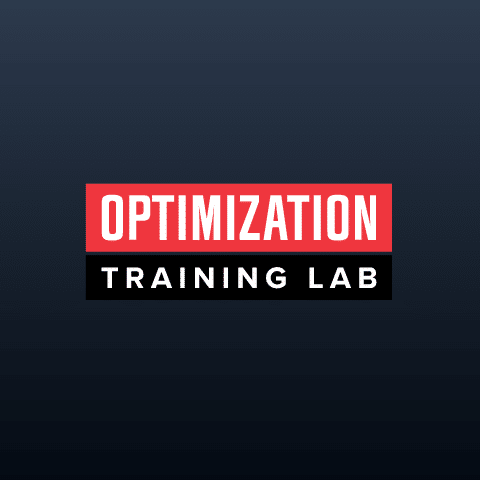As I was gathering my thoughts to begin writing this blog, I realized that this can be a very deep subject. However, trying to keep to the idea of simplifying things, I will try to keep the subject as simple as possible. I’ll save the deeper discussion for an upcoming in person workshop.
Let’s start with the Who and Why. My perspective is that our ultimate success and happiness is intimately connected to finding a powerful and inspiring purpose and actively determining who we want to be.
Before randomly selecting goals or a plan I think it is important to take some time to consider the who and why questions. If you are not actively seeking to create who you want to be, then outside influences will dictate it for you.
Having a strong sense of who you want to be and why can, and I believe, should guide you in determining your targets, goals, and standards.
Once you have a strong sense of your identity and purpose, you will more easily be able to identify targets, goals, and the standard you hold yourself to.
A simple example of this process can be illustrated through our Fletcher Fitness strength training process.
Example:
Who?
I am physically and mentally uncommonly strong and Unbreakable and consistently and persistently pursue being so without excuses.
Why?
As Australian Physical Therapist and strength training expert, Tim Dettmann summarized, the real benefit of strength training.
We strength train not simply because we want to be strong (and of course, we do). But the strength is a means to an end, not an end in itself.
We strength train so we can surf at 80 years of age.
We strength train so we can safely train for and compete in a marathon.
We strength train because we crave independence in our 90s.
We strength train because we don’t plan to retire, and thus, our cognitive function is paramount.
Targets/Goals:
I use these interchangeably because, during discussions with clients through the years, I discovered that many have a barrier to setting goals because they are afraid of failing. We can save that conversation for another time. In the meantime, if the term targets suits you better then use that to empower you. For strength, the goal/target can simply be to show consistent incremental improvement in your quarterly strength assessment on the ARX.
Standards:
This one can be a tricky one but it can also be a powerful one. Ultimately, this process is about helping you close the gap to becoming a better version of yourself. In this example, this incudes becoming a stronger version of yourself. Setting your standards or expectations too high and unrealistic can lead to always feeling like a failure and eventually you may become disillusioned. However, setting your standard too low, so that you can always win, may prevent you from ever truly become your best. It is about finding the right amount of tension. This proper tension needs to keep you challenged and motivated but confident that you can achieve your target/goal.
